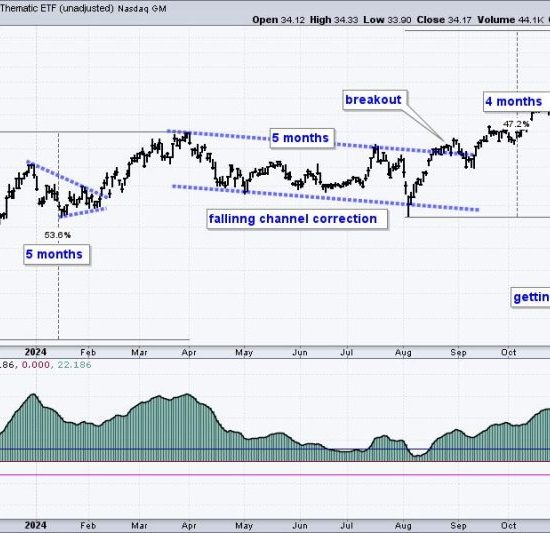The meme stock frenzy that initially took Wall Street by surprise earlier this year has once again earned the spotlight, yet under a confluence of highly intriguing circumstances. Whether informed by trends, speculative trading, or a simple fascination with the unusual, an increasing number of traders seem to be questioning the efficacy of buying the meme and whether the prevailing volatility inherent in these meme stocks is worth the potential investment.
The Evolving Narrative of Meme Stocks
Undoubtedly, meme stocks have pushed forward a unique interpretation of modern day trading pushed primarily by retail investors. Social media platforms like Reddit have been instrumental in fostering these trends, with communities such as WallStreetBets being the staging ground for collective buying decisions. If anything, the saga of meme stocks has exposed the untapped power of retail investors to disrupt conventional investment norms, for better or worse.
However, the cyclical nature of these stocks and the extreme volatility can expose traders to considerable risk. One moment, the stocks, such as GameStop and AMC, cause a significant upset in the market; in the next, they may swiftly lose traction, leading to considerable losses. These swings have traders, financial institutions, and even regulators nervously checking the pulse of their investment strategies.
The Fading Patience of Traders
With the resurgence of fervor around meme stocks, it appears that traders might be running thin on patience because of the unpredictable swings and the increasing narrative around a fundamental lack of value underpinning these stocks. Markets favor predictability, and meme stocks offer none of this, serving merely as vehicles for speculation supported by collective buying pressure with an endgame that is largely unpredictable.
Exacerbating the issue is the fact that, despite their enormous popularity and undeniable short-term gains, meme stocks regularly fall well outside of traditional investment plans. Arguably, they flout the very basis of value investing, where investors seek out shares they believe are underpriced and therefore offer long-term appreciation – a sound investment principle negatively impacted by the constant memes-stock whirlwind.
Further, patterns have emerged that suggest that the hype which surrounds these batches of meme stocks often wanes as swiftly as it arises, leaving many investors with lost value and dented confidence.
Shifting Regulatory Attention
There is also a particularly looming threat that may be further stretching the patience of traders – regulatory scrutiny. Over the past few weeks, regulatory bodies led by the Securities and Exchange Commission (SEC) have shown growing concern over the meme stock frenzy.
The SEC has voiced concerns that the inherent volatility that defines these meme stocks might be indicative of market manipulation, where social media-driven hype is being weaponized to drive up the prices of selected stocks. Should regulation tighten, it could well sign the end of the meme stock era, leaving traders who have heavily invested in such stocks high and dry.
The Future is Unpredictable
At their core, meme stocks are inherently unpredictable, often driven by social media trends rather than underlying business fundamentals. It’s understandable, therefore, that even the most disciplined trader would lose patience with these wild swings. If anything, though, the meme stock phenomena have shown us that the digital age has the potential to democratize the stock market further, but not without considerable risks.
It remains to be seen whether the meme stock frenzy is merely a flash in the pan or a harbinger of a new, social-media driven investment landscape. With traders balancing on the edge of their seats as stock prices swing wildly, it’s tough to write-off the punch delivered by meme stocks. Still, the patience of Wall Street seems to be slowly flaking away as the allure of short-term gains succumbs to the weary realization of the associated risks and potential long-term losses.




